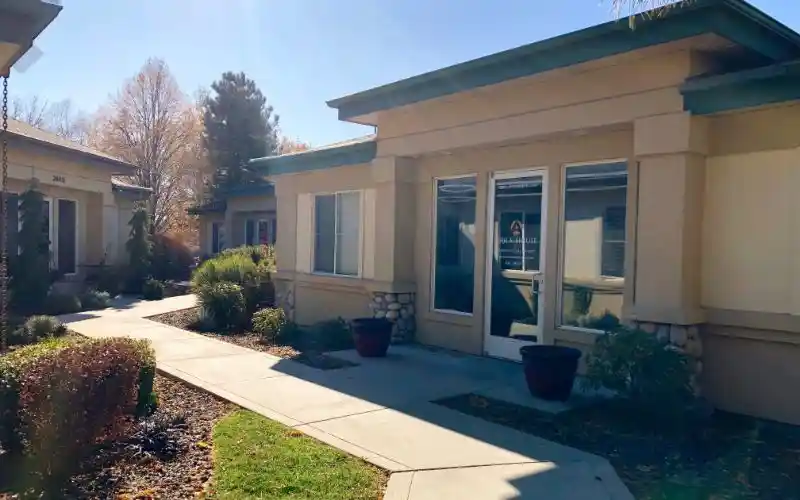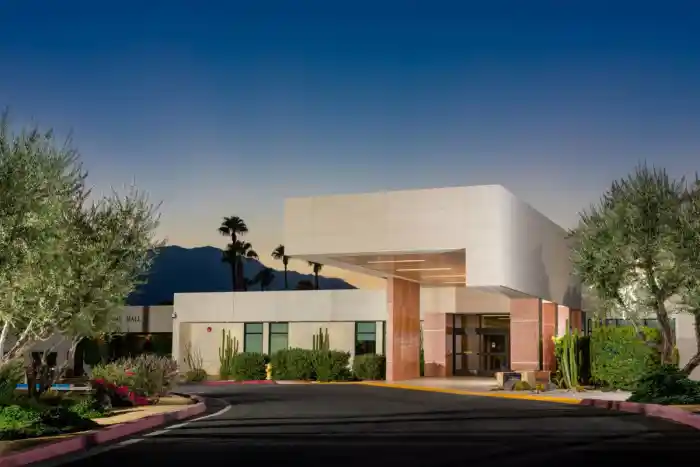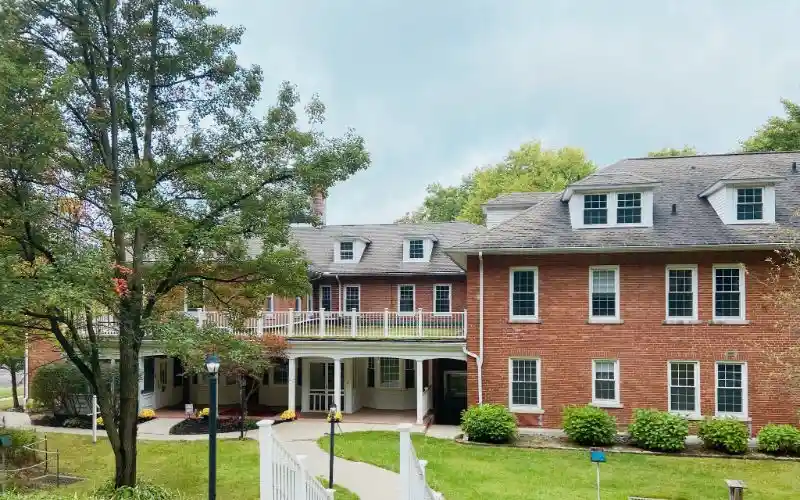






12 Step Recovery programs are structured frameworks designed to assist individuals in overcoming addiction, compulsion, or other behavioral problems. Originating from Alcoholics Anonymous (AA), these programs provide a step-by-step approach to recovery, emphasizing personal responsibility, mutual support, and spiritual growth.
The first 12 Step program, Alcoholics Anonymous, was founded in 1935 by Bill Wilson and Dr. Bob Smith, who were both struggling with alcohol addiction. Their revolutionary approach to addiction recovery provided not only a practical method but also a supportive community for individuals battling similar issues. Since its inception, the 12 Step philosophy has been adapted and utilized by various groups addressing different forms of addiction and compulsive behavior, assisting millions in their recovery journeys worldwide.
The 12 Step Recovery concept is grounded in the belief that recovery is a process, and each step builds upon the previous one, creating a pathway towards healing and sobriety. While originally steeped in Christian principles, the 12 Step program has evolved and can be adapted to accommodate individuals of all religious and spiritual beliefs, or none at all.
The 12 Steps are a set of guiding principles designed to facilitate recovery from addiction, compulsion, or other behavioral issues. Here’s a brief overview:
Admission: Acknowledging powerlessness over the addiction, recognizing that it leads to unmanageability in life.
Hope: Believing that a power greater than oneself can restore sanity.
Surrender: Deciding to turn one’s will and life over to the care of God or a higher power.
Self-Inventory: Conducting a searching and fearless moral inventory of oneself.
Admission: Admitting to God, oneself, and another human being the exact nature of one’s wrongs.
Readiness: Being entirely ready to have God or a higher power remove these defects of character.
Humility: Humbly asking a higher power to remove shortcomings.
Amends List: Making a list of all persons harmed and becoming willing to make amends to them all.
Making Amends: Directly making amends to such people wherever possible, unless doing so would injure them or others.
Continued Inventory: Continuing to take personal inventory and promptly admitting wrongs.
Prayer and Meditation: Seeking through prayer and meditation to improve conscious contact with a higher power.
Service: Carrying the message to others and practicing these principles in all affairs.
Spiritual Foundation: While not religious, the 12 Steps have a spiritual foundation, encouraging participants to establish a relationship with a higher power of their understanding.
Personal Responsibility: The Steps promote personal responsibility and commitment to continual personal growth and development.
Community Support: The philosophy acknowledges the importance of community, mutual support, and helping others in recovery, fostering a sense of belonging and shared purpose.
Holistic Healing: It provides a holistic approach to recovery, addressing the physical, mental, and spiritual aspects of addiction and wellbeing.
Community Connection: One of the standout benefits of 12 Step programs is the sense of community and shared experience. Members support each other through challenges and celebrate successes together.
Shared Experience: Engaging with peers who have walked a similar path offers members a unique understanding and empathy that might not be found in their usual social circles.
Sponsorship: The sponsorship element of 12 Step programs provides individualized support and mentorship, aiding members in navigating their recovery journey.
Structure and Accountability
Guided Framework: The 12 Steps provide a structured approach to recovery, offering a roadmap that members can follow at their own pace.
Regular Meetings: Consistent meetings foster routine and accountability, which are crucial for individuals in recovery.
Personal Responsibility: Members are encouraged to take responsibility for their recovery, actively engaging in the program and practicing the principles in their daily lives.
Higher Power Concept: Engaging with the idea of a higher power can offer members a sense of hope and purpose. This spiritual aspect is flexible, allowing members to define the higher power in a way that aligns with their beliefs.
Moral Inventory: The practice of taking a moral inventory encourages self-reflection and personal growth, aiding members in understanding their behaviors and motivations.
Accessibility
Widespread Availability: 12 Step programs are available worldwide, making it accessible to people from various locations and backgrounds.
Safe Environment: Anonymity provides a safe space where members can share openly without fear of stigma or judgment.
Trust and Respect: The principle of confidentiality is deeply respected within the group, fostering an environment of trust.
12 Step programs are open to anyone struggling with addiction, compulsion, or other behavioral problems. These programs are inclusive, welcoming individuals of all ages, genders, and backgrounds who are committed to recovery.
While the 12 Steps mention a “Higher Power”, these programs are not religious. The term “Higher Power” is open to interpretation, allowing participants to define it according to their own beliefs or understandings, whether they are religious, spiritual, or secular.
Effectiveness of 12 Step programs can vary from person to person. Many individuals have found support, community, and a path to recovery through these programs. Success often depends on the participant’s level of engagement, commitment to the process, and willingness to integrate the principles into their lives.
Yes, many 12 Step programs offer online meetings, especially in light of the increased need for virtual options due to global events like the COVID-19 pandemic. Online meetings provide accessibility for those unable to attend in person.
The frequency of meeting attendance is a personal decision. Some individuals benefit from daily meetings, while others may attend weekly. It’s often suggested to attend meetings more frequently early in the recovery process.
12 Step Recovery Programs are free to join. Some groups may collect voluntary donations during meetings to cover expenses like rent for the meeting space or refreshments, but contributing is not mandatory.
A sponsor is someone who has been in the program for a longer time and can provide guidance and support to newer members. You can get a sponsor by attending meetings, listening to those who share, and asking someone you feel you can trust and relate to.
Are you or a loved one ready to turn the page and start a new chapter free from addiction? Research It’s Time For Rehab’s directory today to find 12 step addiction treatment centers near you or across the United States and abroad.